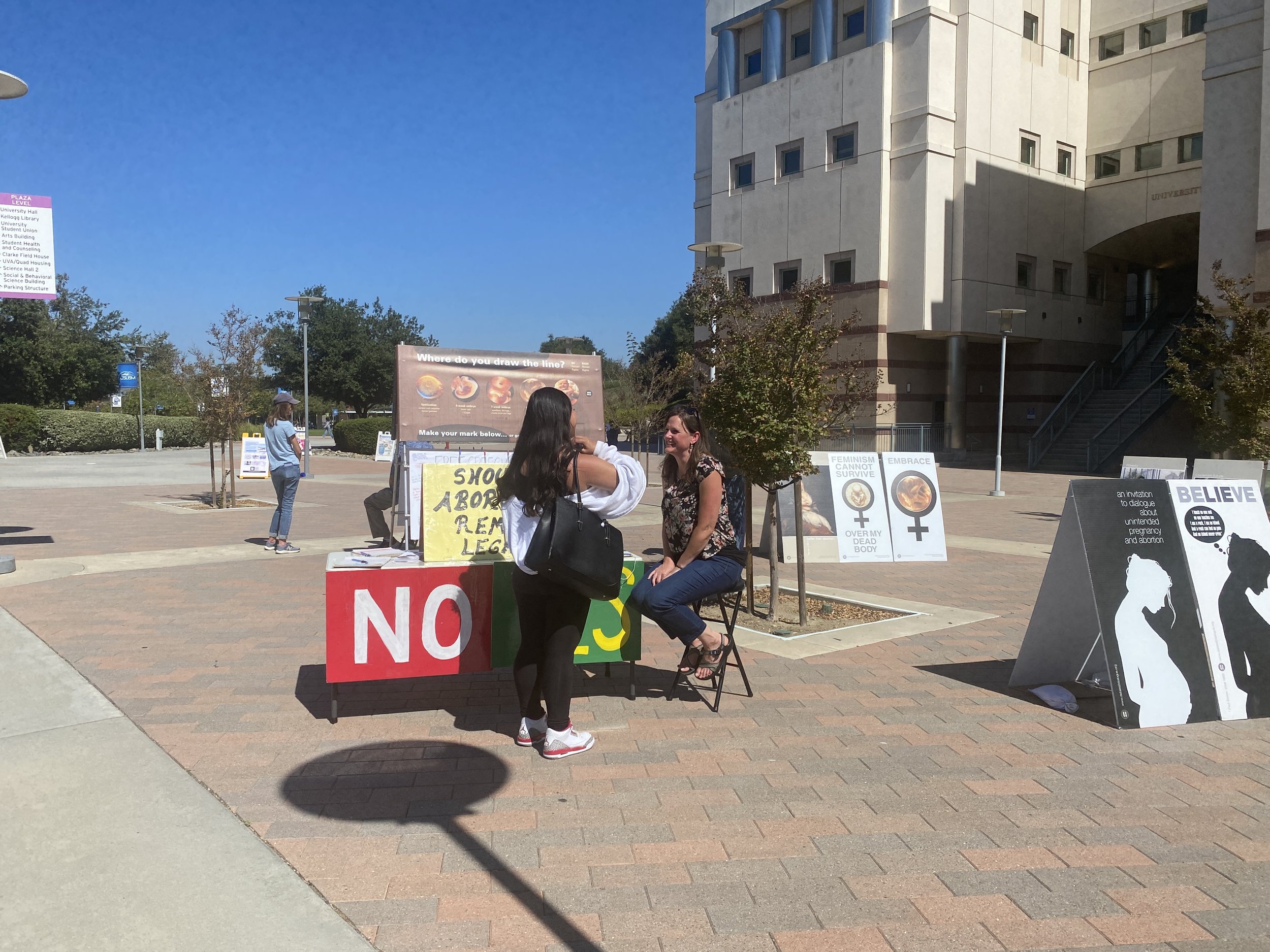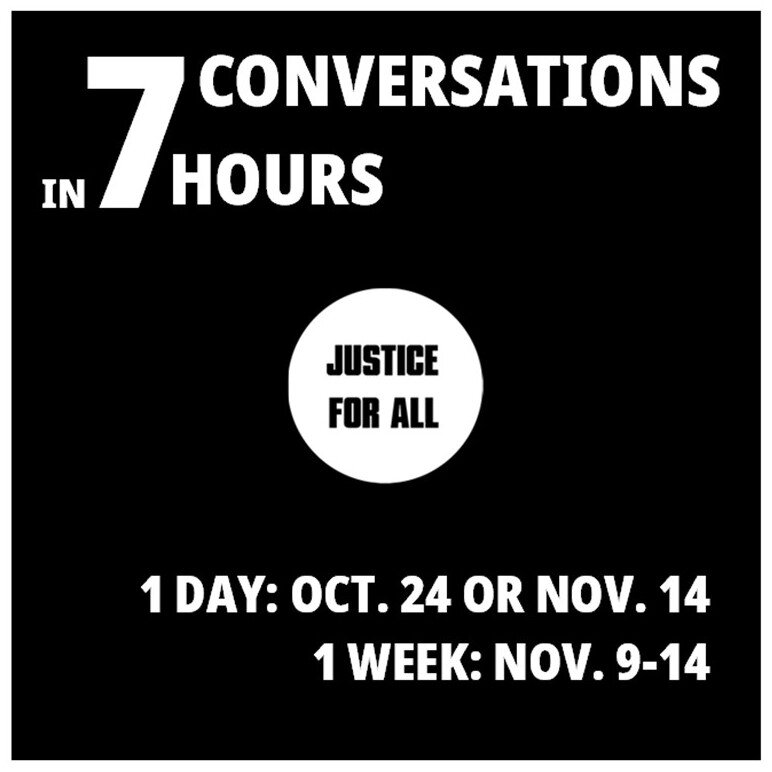Dear Friend of Justice For All,
Up until 1967, there were no paramedics as we know them today. In Pittsburgh, for example, people needing emergency medical care were transported to the hospital by police...or by the morgue!
Enter the Freedom House Ambulance Service. Trained by Peter Safar, the doctor who helped create cardiopulmonary resuscitation (CPR) and encouraged laypeople to use it to save lives, these pioneering paramedics in Pittsburgh brought emergency medical care to people on the street and also during transport to the hospital.
Freedom House paramedics with ambulance (Image: Univ. of Pittsburgh)
I learned about Freedom House from a recent episode of the 99 Percent Invisible podcast. It struck me that the work of Justice For All (JFA) is very similar to the work of Freedom House in at least three ways:
1. Seat Work and Feet Work: When Dr. Safar and his team trained Freedom House workers to provide medical care, they did give them some education with books in a classroom setting, but they didn’t stop there. These medical mentors also went out in the field with the Freedom House workers, supporting them while they showed they could indeed provide first-class medical care in real emergencies. As you would expect, the medical mentors wouldn’t consider these workers to be “trained” until they had shown skill in the activity of providing medical care. Lives depended on this second step in training. In the same way, we don’t consider a participant in a JFA event to be “trained” until he or she engages in a real conversation using what we’ve taught. This is why we encourage participation in “Feet Work” outreach events, why we provide conversation starters for everyday life, and why our mentors stand at the ready to help.
“... In the same way, we don’t consider a participant in a JFA event to be “trained” until he or she engages in a real conversation using what we’ve taught.”
2. We Train Non-Experts to Change the World Because They Can: Most of the Freedom House paramedics were poor, black men from the Hill District. In late 1960’s Pittsburgh, many would have thought it impossible that these men could do anything worthwhile, let alone excel in the field of medicine. Still, Dr. Safar and others believed in their potential and trusted them, and they saved two hundred lives in their first year of operation! In the same way, we at JFA focus on training people from every walk of life, many of whom have no expertise in philosophy or science. Some have never talked to anyone who disagrees with them about serious worldview topics. It might seem odd that we trust these non-experts when lives hang in the balance, but now we can depend on thousands we have trained to graciously change hearts about abortion.
3. Even the Highest Quality Training Can Crumble If Not Protected: The Freedom House paramedics were mistreated by a mayor determined to shut them down. Sadly, even after concerted efforts of whites advocating for the incredibly skilled black men of Freedom House, the mayor succeeded in effectively draining the Freedom House of funding and re-inventing it with white workers. In a similar way, JFA’s training program can falter without needed funds and without God’s help through your prayers. Sometimes I feel like Dr. Safar and his fellow medical mentors. The JFA trainers in whom you and I have invested and the people we’ve trained together over the years—all of these are incredibly skilled. I long to see them more fully realize their potential to reach more people. Pray for opportunities for us to partner with more groups to train more advocates. Consider donating to JFA to keep our training program strong. To be sure, we don’t face the same racism the Freedom House faced, but we do face today’s culture of “tolerance” in which our peaceful work can be branded in false ways by those who see it as harmful, which would make our work difficult or impossible. Pray with us for protection from these outside forces.
Thank you for partnering with us to teach all people that, with God’s help, they are worthy of being entrusted with such important work. It’s a joy to watch such unlikely life-savers change the world.
Steve Wagner, Executive Director
Register Now for Training from Anywhere
“7 Conversations in 7 Hours” - 2 New Options
Nov. 9-14 (M-Sat.): One-Week Intensive
Nov. 14 (Sat.): One-Day Intensive















